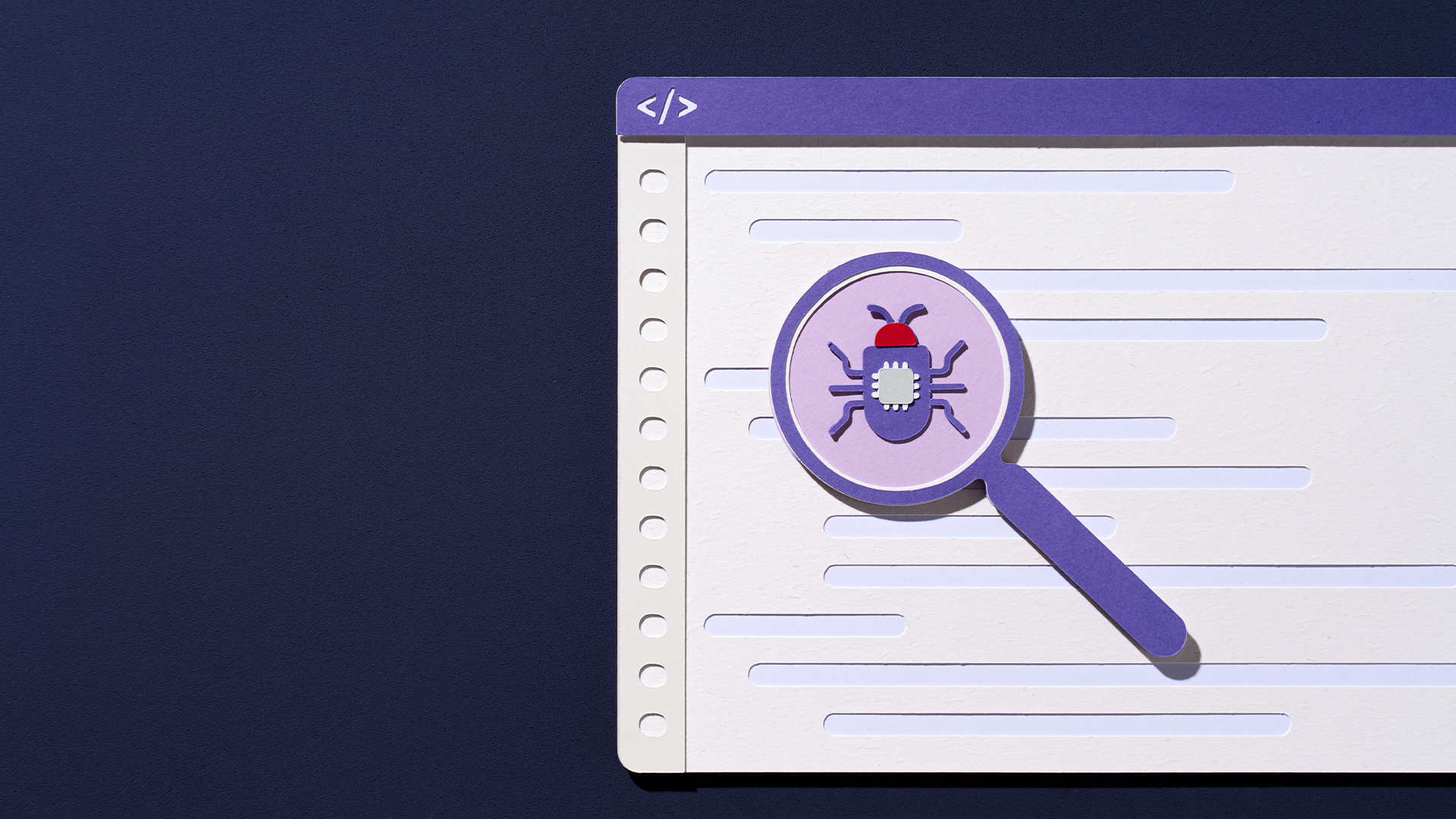Safari vulnerability disclosed after Apple pushes fix to Spring 2021
The Web Share API flaw can be exploited to attach system files, including web browsing history


Sign up today and you will receive a free copy of our Future Focus 2025 report - the leading guidance on AI, cybersecurity and other IT challenges as per 700+ senior executives
You are now subscribed
Your newsletter sign-up was successful
A vulnerability in Apple’s Web Share API, used to share Safari links through third-party apps, has been publicly disclosed after Apple said it wouldn’t release a fix until Spring 2021.
The Web Share API allows users to share links to elements, such as photos, from the Safari browser through third-party applications, including any email client. A flaw found in this integration, however, could allow a hacker to configure a malicious site to attach system files to an email, in addition to the link being shared.
The bug has been disclosed by researcher Pawel Wylecial four months after he first brought it to Apple’s attention, and after the company confirmed that it would be releasing a fix but that this wouldn't be available until at least Spring 2021.
The vulnerability was tested on iOS 13.4.1 and 13.6, macOS Mojave 10.14.16 with Safari 13.1 and on macOS Catalina 10.15.5 with Safari 13.1.1, although other versions of Apple iPhone and Mac operating systems, and Safari, may be affected.
Wylecial first discovered the vulnerability on 17 April and reported this Apple four days later. Although Apple suggested it would investigate the issue, a back-and-forth exchange ensued over the next few months with few or no updates.
The researcher asked for another status update on 21 July and asked if the firm needed more time to investigate, adding he would disclose the flaw after 24 July if there were no further replies or objections. The company responded suggesting it was still investigating and would follow up as soon as it had an update.
Wylecial then set the disclosure date of 24 August at the start of the month, and asked Apple for another status update. The company asked him not to publish the details, as it was planning on addressing the issue in the Spring 2021 security update.
Sign up today and you will receive a free copy of our Future Focus 2025 report - the leading guidance on AI, cybersecurity and other IT challenges as per 700+ senior executives
RELATED RESOURCE

Introducing VMDR: Vulnerability Management, Detection and Response
The all-in-one vulnerability management service
The researcher finally published the flaw on cue as he felt waiting for almost an additional year, after four months had already elapsed since the vulnerability was first reported, was unreasonable.
Wylecial set up a proof-of-concept site for his testing, where he exploited the flaw in the API integration to attach a user’s ‘etc/passwd file’ to an email when sharing a photo through email. This file is a text file that contains the attributes of each user on a machine running Linux or another Unix-like operating system.
He also demonstrated the exploit by showing that a user’s browsing history can be exfiltrated and subsequently read through the Safari web browser.
While the flaw is described as “not serious”, given it requires user interaction in order to successfully exploit, Apple’s apparent sluggishness in fixing it could be of some concern for security researchers.
Apple's new iPhone bug bounty programme has come under similar scrutiny, with some expressing concern over the company's strict disclosure policies that effectively muzzle researchers until Apple sets a date. This deviates notably from the standard 90-day disclosure practice adopted by many companies in the industry.

Keumars Afifi-Sabet is a writer and editor that specialises in public sector, cyber security, and cloud computing. He first joined ITPro as a staff writer in April 2018 and eventually became its Features Editor. Although a regular contributor to other tech sites in the past, these days you will find Keumars on LiveScience, where he runs its Technology section.
-
 What might cause the 'AI bubble' to burst?
What might cause the 'AI bubble' to burst?In-depth If a bubble is really forming, what happens to the businesses caught up in the AI craze when it pops – and why things might not be as bad as they seem
-
 London set to host OpenAI's largest research hub outside US
London set to host OpenAI's largest research hub outside USNews OpenAI wants to capitalize on the UK’s “world-class” talent in areas such as machine learning
-
 Security agencies issue warning over critical Cisco Catalyst SD-WAN vulnerability
Security agencies issue warning over critical Cisco Catalyst SD-WAN vulnerabilityNews Threat actors have been exploiting the vulnerability to achieve root access since 2023
-
 Millions of developers could be impacted by flaws in Visual Studio Code extensions – here's what you need to know and how to protect yourself
Millions of developers could be impacted by flaws in Visual Studio Code extensions – here's what you need to know and how to protect yourselfNews The VS Code vulnerabilities highlight broader IDE security risks, said OX Security
-
 CVEs are set to top 50,000 this year, marking a record high – here’s how CISOs and security teams can prepare for a looming onslaught
CVEs are set to top 50,000 this year, marking a record high – here’s how CISOs and security teams can prepare for a looming onslaughtNews While the CVE figures might be daunting, they won't all be relevant to your organization
-
 Microsoft patches six zero-days targeting Windows, Word, and more – here’s what you need to know
Microsoft patches six zero-days targeting Windows, Word, and more – here’s what you need to knowNews Patch Tuesday update targets large number of vulnerabilities already being used by attackers
-
 Experts welcome EU-led alternative to MITRE's vulnerability tracking scheme
Experts welcome EU-led alternative to MITRE's vulnerability tracking schemeNews The EU-led framework will reduce reliance on US-based MITRE vulnerability reporting database
-
 Veeam patches Backup & Replication vulnerabilities, urges users to update
Veeam patches Backup & Replication vulnerabilities, urges users to updateNews The vulnerabilities affect Veeam Backup & Replication 13.0.1.180 and all earlier version 13 builds – but not previous versions.
-
 Two Fortinet vulnerabilities are being exploited in the wild – patch now
Two Fortinet vulnerabilities are being exploited in the wild – patch nowNews Arctic Wolf and Rapid7 said security teams should act immediately to mitigate the Fortinet vulnerabilities
-
 Everything you need to know about Google and Apple’s emergency zero-day patches
Everything you need to know about Google and Apple’s emergency zero-day patchesNews A serious zero-day bug was spotted in Chrome systems that impacts Apple users too, forcing both companies to issue emergency patches